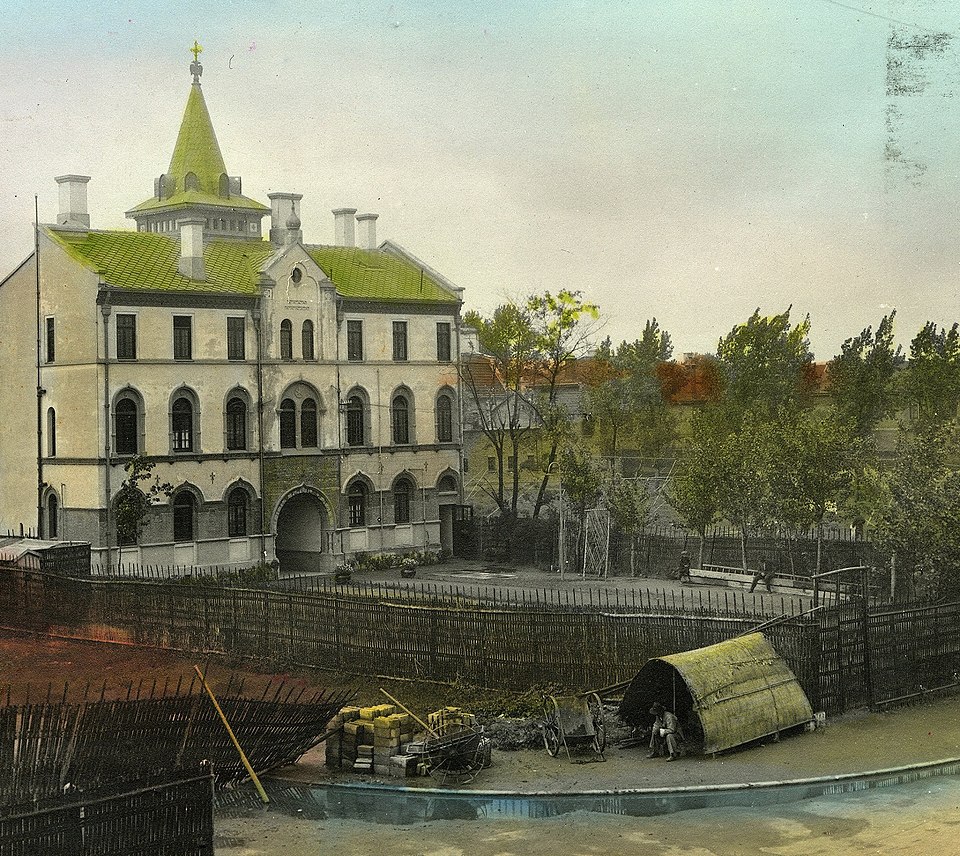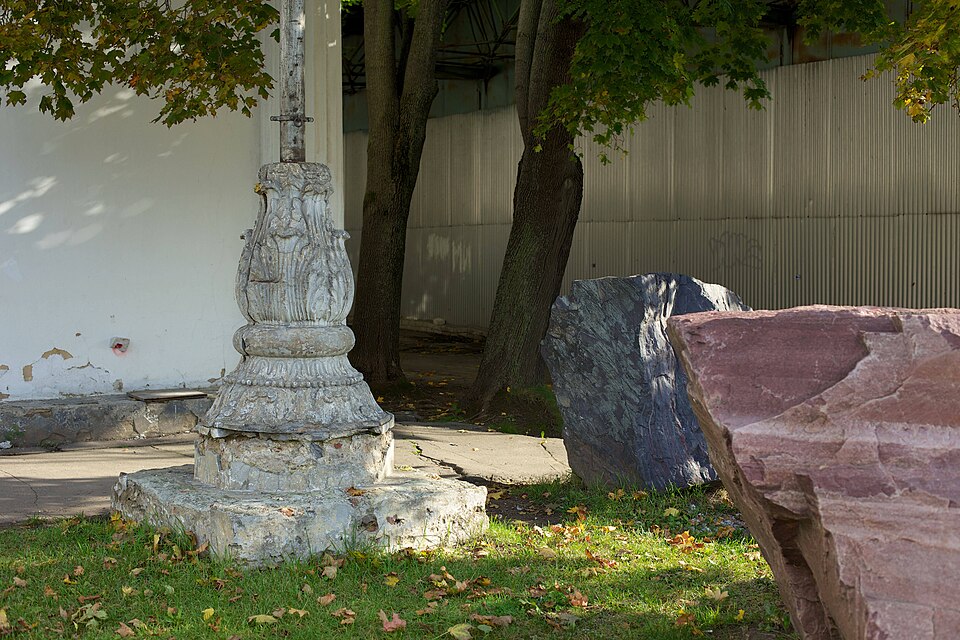Island Rivers Crucial in Shaping Coral Reef Passages, MIT Study Reveals

In a groundbreaking study published in the journal *Geophysical Research Letters*, researchers from the Massachusetts Institute of Technology (MIT) have uncovered that island rivers significantly influence the formation and maintenance of reef passes—vital channels that facilitate the flow of ocean water and nutrients through coral reefs. The research, led by Megan Gillen, a graduate student in the MIT-WHOI Joint Program in Oceanography, and co-authored by Taylor Perron, the Cecil and Ida Green Professor of Earth, Atmospheric and Planetary Sciences at MIT, provides the first quantitative evidence linking the locations of reef passes with river outflows from volcanic islands.
The study focuses on the Society Islands in the South Pacific, which includes the well-known islands of Tahiti and Bora Bora. Previous research has speculated about the relationship between rivers and reef health, but this study offers a clearer understanding by demonstrating how river flows can cut into coral formations, creating these essential passages over geological time.
According to Gillen, “The results of this study help us to understand how the health of coral reefs depends on the islands they surround.” This is particularly relevant in light of the increasing threats to coral reefs from climate change and human activities, which often overshadow the potential benefits that natural processes like river flow can have on these ecosystems.
To conduct their analysis, the researchers utilized topographic data from NASA's Shuttle Radar Topography Mission, which provided detailed maps of the landforms around the Society Islands. By comparing the locations of major river basins with those of existing reef passes, they found a significant correlation between the two. The findings suggest that as rivers flow toward the ocean, they can erode coral formations, especially during periods of lower sea levels, leading to the creation of reef passes.
Perron noted that the study introduces two mechanisms by which rivers influence reef pass formation: reef incision and reef encroachment. Reef incision occurs when sea levels are low, allowing rivers to flow directly over exposed reefs, while reef encroachment happens during higher sea levels when corals grow upward and may partially fill old river channels. This dual mechanism highlights the dynamic relationship between rivers and reefs, suggesting that both processes have played a role in shaping the coastal landscape over millennia.
The researchers also observed that the spacing and number of reef passes differ between younger and older islands in the Society Islands. Younger islands tend to have more closely spaced reef passes, while older islands exhibit fewer and more widely spaced ones. This change is attributed to the subsidence of older islands, which diminishes river flow and reduces the formation of new passes.
In light of these findings, Gillen is exploring innovative approaches to mimic the natural flow of rivers in areas lacking sufficient freshwater input to coral reefs. This could potentially enhance the health of coral systems that are under threat from various environmental pressures.
This research not only sheds light on the ecological interactions between island rivers and coral reefs but also emphasizes the importance of preserving natural river systems to support reef health in the face of ongoing environmental changes. The implications of this study could reshape conservation strategies, focusing on the restoration of river flows as a means to support coral ecosystems.
The study was supported by the WHOI Watson and Von Damm fellowships, underscoring the collaborative efforts between academic institutions and research organizations in addressing critical environmental issues. As the global community continues to grapple with the challenges posed by climate change, understanding these natural processes remains crucial for effective conservation and management of marine environments.
Advertisement
Tags
Advertisement





